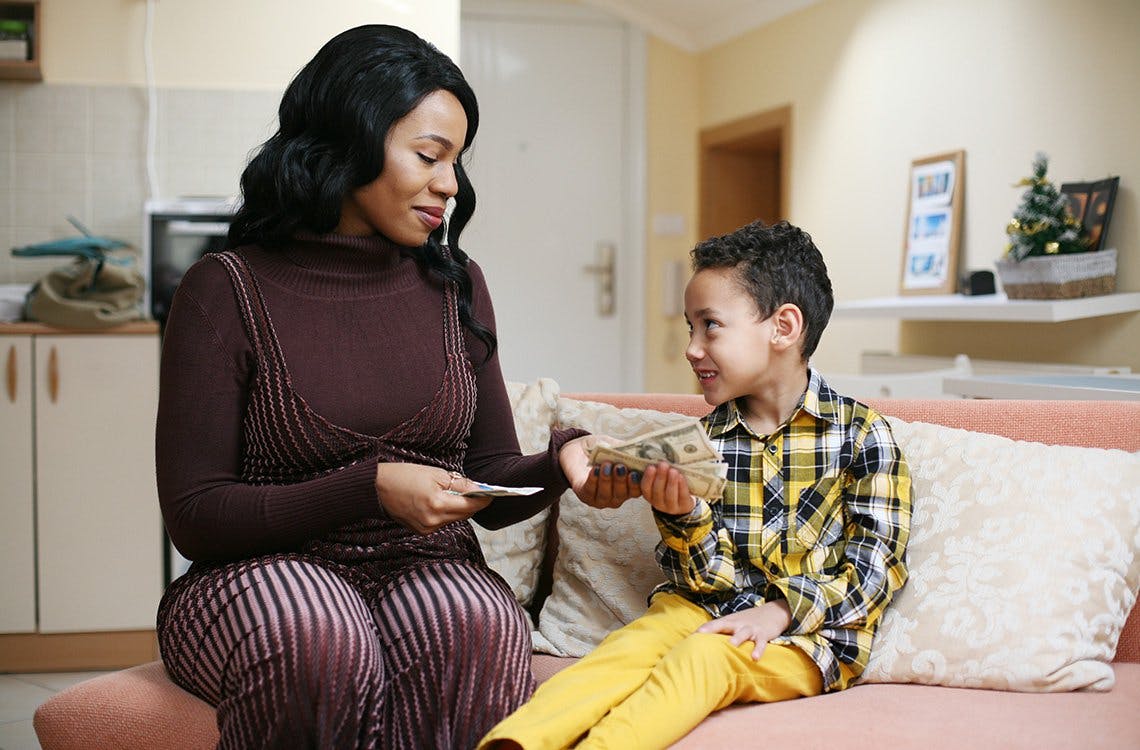
How Cashless Policies Marginalise Communities of Colour
The latest episode of For The Movement—a U.S. podcast covering policy, social and civil rights issues affecting African Americans and communities of colour—discusses how a move towards cashless payments could widen the racial wealth gap and lock vulnerable people out of the new tech economy.
Co-host Clint Odom, Senior Vice President of Policy at the National Urban League, notes in his introduction that ‘the vulnerable—like low-income [people], African American and immigrant communities—[are] at risk of being collateral damage’ as the economy drives towards cashless transactions.
Cities like Philadelphia and states like New Jersey have responded by requiring retailers to accept cash as payment. These laws are designed, in part, to protect financially-vulnerable communities that often prefer cash.
Odom observes the fallout of the recent cashless push could mean people are charged more for cash transactions, or forced to open bank accounts that carry minimum balance requirements and usage fees. He also notes people may lose the privacy offered by paying for products and services in cash, and have their transactions tracked, with the data being sold to third parties.
The episode’s guest, U.S. Representative Ro Khanna of California’s 17th District—the heart of Silicon Valley—is a strong supporter of payment choice, saying his interest in the issues surrounding cashless payments stems from an understanding that, from a ‘position of privilege’, it can be easy to forget people who do not have access to electronic payments or bank accounts, and typically get paid in cash.
If we move to a society that does not allow for cash payments or cash spending, we’re really hurting the livelihood of some of the most vulnerable, and their ability to spend and shop. We have to have a cash alternative.
Khanna urges understanding of people whose income would ‘grossly suffer’ if everything becomes digitised. Acknowledging the benefits of cashless payments—such as their flexibility for long-distance transactions—he says that they should be an additional option, not a replacement for cash. He observes that the present focus on cashless transactions risks hurting the livelihoods of some of society’s most vulnerable people, and compromising their ability to spend and shop freely.
Where technology can empower people, it should. If it can show it’s providing more options, good. But it shouldn’t deprive people of options. When you say let’s move to a totally cashless society, [we] take away an economy that is based on cash, that works for people. Why can’t we have both?
Khanna supports cash-friendly legislation that ensures people’s right to pay for goods and services in cash. While he believes industry will oppose a broader rollout of these laws, he is hopeful that testimonials from real, working-class families who desperately need the equality offered by cash will provide a strong case for the preservation of cash in the payments landscape.
